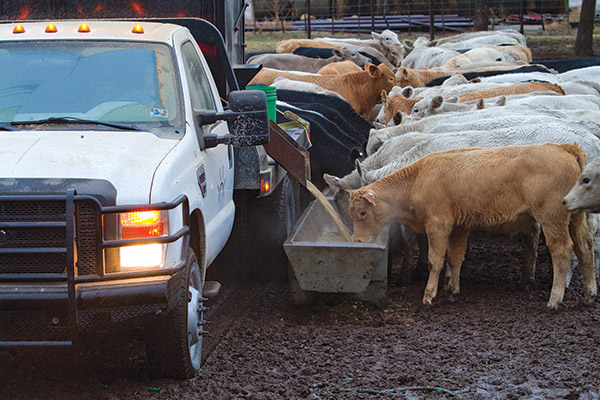There has been a lot of discussion recently surrounding the Veterinary Feed Directive (VFD) being pursued by the Food & Drug Administration and producers have expressed great interest in learning how these new regulations will affect their operations. Brian Lubbers, D.V.M., Ph.D., Kansas State University Microbial Surveillance Lab director, recently spoke at The Samuel Roberts Noble Research Foundation during an open forum designed to shed light on the VFD for producers and industry stakeholders.

Dr. Lubbers explained that the VFD came about over the last three to four years as part of a big picture strategy by the FDA in response to the antimicrobial resistance issue, particularly in humans, but extended to the role of animal agriculture as well. The VFD actually consists more of revised existing regulations rather than of new ones being implemented by the FDA in an effort to manage the use of antibiotics judiciously. He went on to explain that the VFD, specifically Guidance 209 and 213, can be boiled down to two main principles; the first being that when antimicrobials are used in food animals, it is because they are necessary for the animal’s health; and secondly, that a licensed veterinarian will be involved in that decision.
Click here to see more...